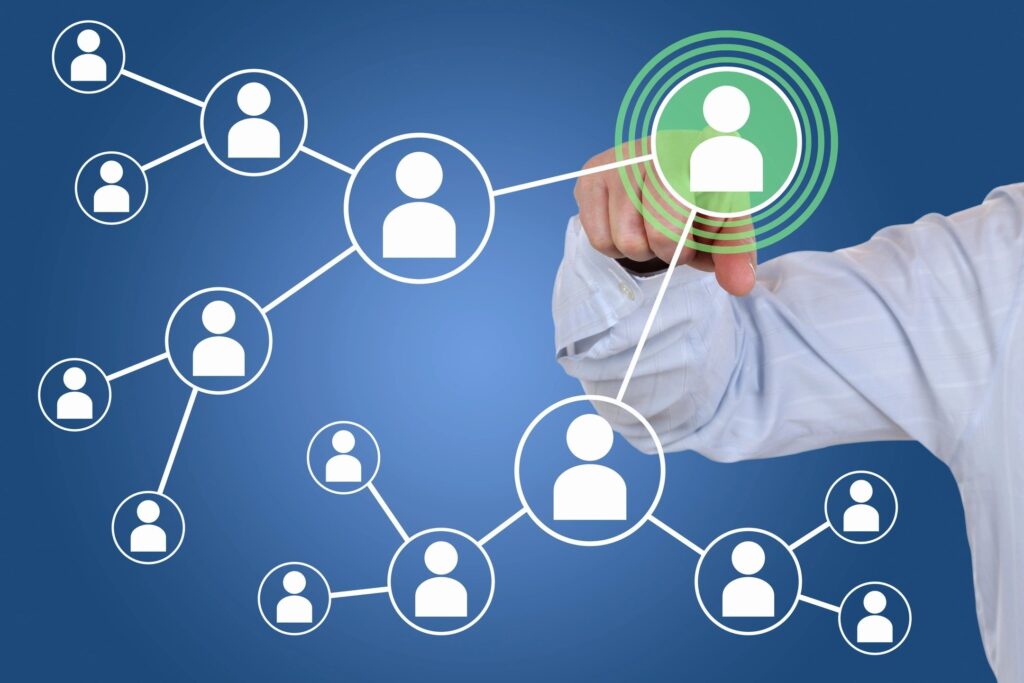Posts by Neil Petersen
When Therapy Helps With Social Anxiety
A type of therapy that is often recommended for social anxiety disorder is cognitive behavioral therapy, or CBT. In this type of therapy, people learn to challenge unhelpful thought patterns, create new behaviors, and respond to their emotions in more productive ways. As with any treatment, there is a range in how much CBT improves…
Read MoreWhen Does Comfort Food Really Comfort?
Of the different ways we might deal with negative emotions, eating isn’t necessarily the healthiest. Sure, we might want to reach for a candy bar when we’re feeling down, but eating too many candy bars can bring its own problems! Still, that doesn’t answer the question: does cheering ourselves up with food actually work? Or,…
Read MoreSelf-Critical People Have Different Emotion Recognition Skills
Some people are much harder on themselves than they would ever be on other people. This tendency toward self-criticism can interfere with people’s ability to enjoy the many benefits of self-compassion. The reasons why some people are more self-critical are complex and not very well understood by psychology researchers. One question that might be worth…
Read MoreWhat Are the Effects of Distracted Walking?
I’ve written on here before about the psychology of driving and the psychology of biking. So it seems only fair that I dedicate a post to one of the most common forms of urban transportation: walking! Walking may not require a license, but it can take just as much vigilance as driving a car. There…
Read MoreOptimists Live Longer. Why?
There’s a new study out that’s been getting some media attention. In the study, researchers found that people who are more optimistic are more likely to make it to the age of 85, adding more evidence for a link between optimism and longevity. One thing that sets this study apart is its scale. The researchers…
Read MoreWhen Do Children Learn to Influence Others With Gifts?
Adults give gifts for different reasons, some of which are altruistic, and some of which are less so. One of the less altruistic reasons adults give gifts is when they want something in return. So when do children learn that they can influence other people with gifts? A team of psychologists explored this question in…
Read MoreAttitudes to Inequality May Have Genetic Underpinning
It’s clear that we live in an unequal society, with some groups of people having more power and resources than others. What we don’t always agree on, though, is whether that’s a good or a bad thing. Psychologists sometimes measures people’s preferences for a hierarchical, unequal society by looking at social dominance orientation. Someone who…
Read MoreThe Importance of Disconnecting from Work
You might think that an ideal worker is one who’s always thinking about their job, but that doesn’t seem to be the case. In fact, taking your work home with you at night, whether literally or inside your head, might be a recipe for burnout. Along these lines, a new study suggests that people who…
Read MoreWhat Search Trends Tell Us About Anxiety
There are different ways people might choose to cope with anxiety. Talking to a mental health professional. Taking up meditation. Or maybe, Googling it! A new study from researchers in Australia and Hong Kong suggests that a lot of people who are feeling anxious take to Google to learn more about anxiety, and that fluctuating…
Read MoreEmoji Use Correlates With Dating Success
With the rise of smartphones and online dating, texting with potential dates has become an important part of seeking out a relationship. Now, a new study suggests that having a good emoji game goes together with dating success. In a series of experiments, researchers at Indiana University and Lake Forest College surveyed people about their…
Read More









